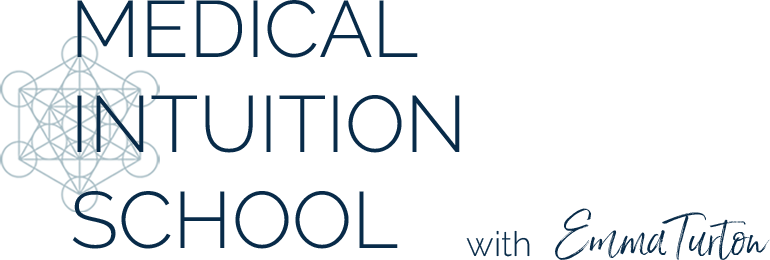Understanding Genetic Conditions: How Genes Express Themselves in Symptoms and Diagnosis
In the complex web of our biology, genetic conditions are like characters from a script written within us by the language of DNA. But the plot is not set in stone. While our genes provide a blueprint, it’s how they express themselves that defines our health and well-being. Understanding the interplay between genetics and symptoms, and how to diagnose these conditions, is essential to navigating the healthcare landscape effectively.
The Genetics of Symptomology
A Blueprint or a Map to the Future?
Think of genetics as the blueprint for building your body. Every page of this blueprint represents a gene, and each gene contains the instructions to make a specific protein, with these proteins performing countless functions within each cell. The DNA in each cell runs an intricate series of checks and balances, determining what traits are expressed. But the body is a dynamic system, and external factors can interact with these genetic traits, influencing how our symptoms manifest.
Expressing Genes: From Code to Reality
Genes are not always active. The process of turning a gene “on” so that it can be transcribed into RNA and subsequently translated into a protein is called gene expression. Environmental factors, lifestyle choices, and even chance can activate or silence genes, affecting their expression. This can lead to a range of outcomes, from minor changes in appearance to serious health conditions.
Nature and Nurture: The Dichotomy of Disease
The age-old debate of nature versus nurture comes into clear focus when considering genetic conditions. While the genes you inherit from your parents lay the foundation, environmental and lifestyle factors further shape the development of symptoms. Understanding this interplay is critical in not only identifying but also managing these conditions.
Diagnosing Genetic Conditions
Defining the Diagnosis
A genetic diagnosis is not always straightforward. It often involves complex testing of DNA to identify changes or mutations in genes that are associated with particular conditions. Pursuing a genetic diagnosis can be driven by a personal or family history suggesting a genetic disease, or by the presence of symptoms.
Genetic Testing: The Window into Your DNA
From simple blood tests to more intricate procedures like molecular genetic studies, genetic testing has advanced significantly over the years. Today, it has become an essential tool in identifying and understanding genetic conditions. With the advent of technologies like next-generation sequencing, our ability to diagnose these conditions has grown immensely.
Genomic Medicine: The Future is Now
We are on the cusp of a revolution in healthcare, with the rise of genomic medicine offering personalized approaches to managing genetic conditions. By analyzing a patient’s genetic makeup, doctors can tailor treatments to match the genetic profile of the individual, potentially leading to more effective and less invasive interventions.
Living with a Genetic Condition
Adaptation and Management
“Knowledge is power” couldn’t be more fitting than in the context of managing a genetic condition. Armed with the understanding of your genetics, health professionals can work with you to develop a comprehensive management plan, including lifestyle adjustments, medical therapies, and support services.
The Role of Support Groups
Living with a genetic condition can be challenging, both physically and emotionally. Support groups can be invaluable resources for individuals and families affected by such conditions, providing a platform for sharing experiences, advice, and emotional support.
Research and the Horizon of Hope
The field of genetics is continuously evolving, with ongoing research offering the promise of new treatments and even cures on the horizon. Being informed about the latest developments can not only provide hope but also opportunities to participate in clinical trials that may lead to breakthroughs in treatment.
